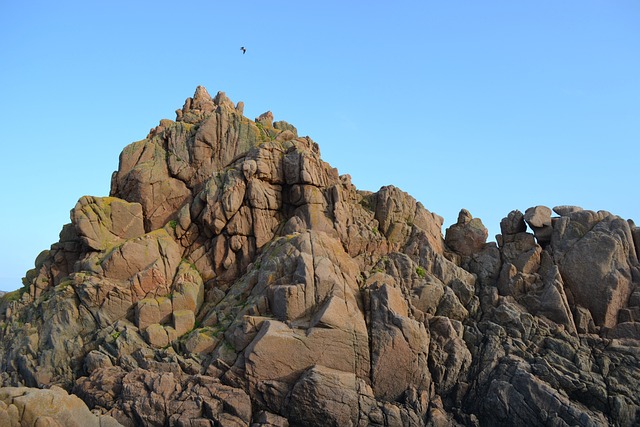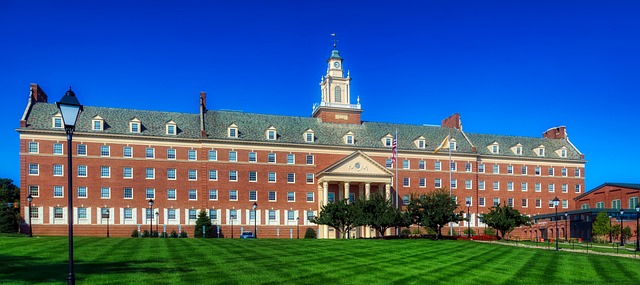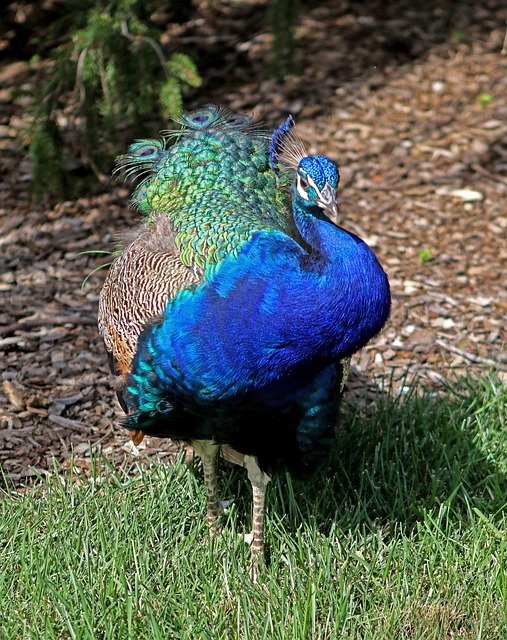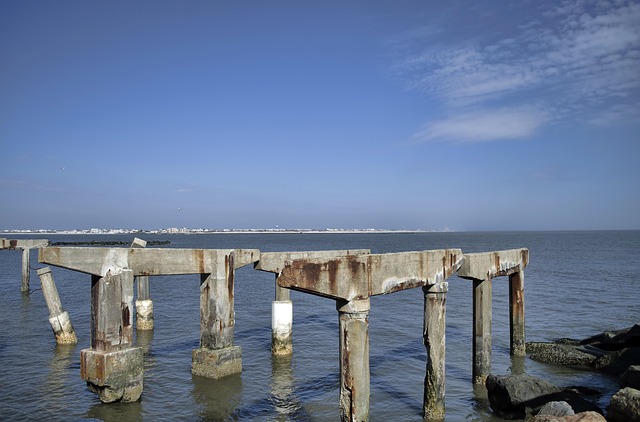The Schuyler-Hamilton House in Morris County, New Jersey, is a National Historic Landmark that offers visitors a detailed look into America's colonial era. This well-preserved 18th-century estate, associated with key historical figures such as General Philip Schuyler and Alexander Hamilton, provides an authentic glimpse into the lives of those who shaped early American development. Located centrally within Morris County, it stands as a testament to colonial architecture, particularly its Georgian style, and serves as a living classroom that educates on local and national history. The house played a significant role during General George Washington's encampments and has been meticulously restored to reflect its original 1765 features. It is an active cultural and educational center in Morristown, Morris County, offering tours and hosting events that enrich understanding of America's founding era. The ongoing efforts to preserve the Schuyler-Hamilton House underscore its importance as a historical asset for both the local community and a global audience, ensuring its legacy as a significant part of Morris County's rich heritage.
The Schuyler-Hamilton House in Morris County, New Jersey, stands as a remarkable testament to American history and architectural mastery. This article delves into the rich tapestry of this National Historic Landmark, exploring its historical charm, architectural significance, and the concerted efforts that have preserved it for future generations. As we traverse through the halls that witnessed pivotal moments in our nation’s formative years, we gain a deeper appreciation for Morris County’s heritage and the role this iconic house plays within it. Join us as we uncover the stories embedded within its walls.
- Unveiling the Historical Charm of Schuyler-Hamilton House in Morris County, New Jersey
- A Closer Look at the Architectural and Historical Significance of the Schuyler-Hamilton House
- Preservation Efforts and the Role of the Schuyler-Hamilton House in Morris County's Heritage
Unveiling the Historical Charm of Schuyler-Hamilton House in Morris County, New Jersey
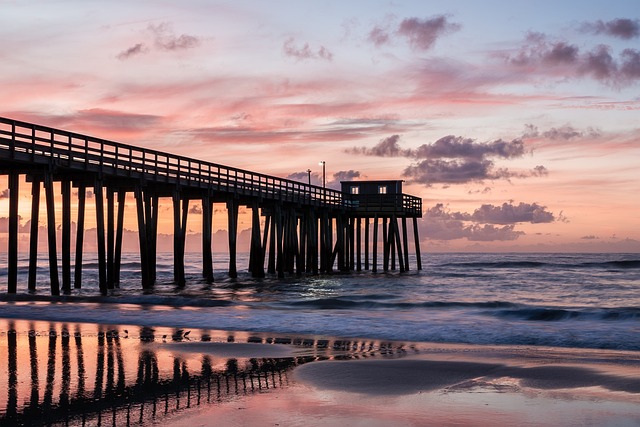
The Schuyler-Hamilton House, nestled in the heart of Morris County, New Jersey, stands as a testament to the rich colonial history of the region. This historic site offers visitors a glimpse into the lives of those who shaped early America, including General Philip Schuyler and Alexander Hamilton. As one wanders through its halls, they are enveloped in an ambiance that echoes with tales from the 18th century. The house, a significant cultural resource, has been meticulously preserved to reflect its original design and use. Morris County’s dedication to maintaining this national treasure ensures that the architectural and historical integrity of the Schuyler-Hamilton House remains intact for both local residents and international travelers to explore and appreciate. The house not only showcases the grandeur of American colonial architecture but also offers insights into the social fabric, political climate, and daily life of its era. It is a unique site that provides an educational experience for all who visit, making it a must-see destination in Morris County, New Jersey.
A Closer Look at the Architectural and Historical Significance of the Schuyler-Hamilton House
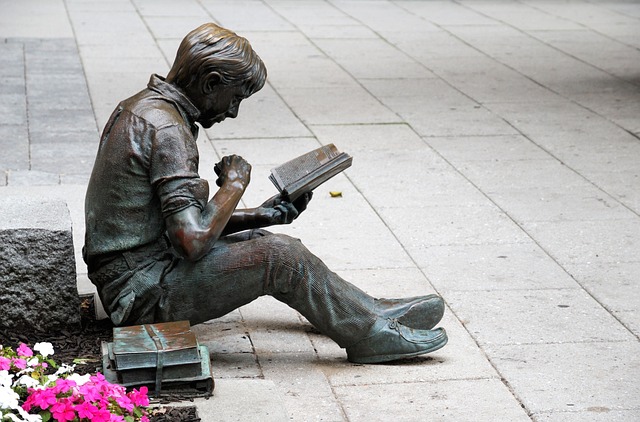
The Schuyler-Hamilton House, nestled in Morristown, Morris County, New Jersey, stands as a testament to American colonial architecture and the rich history it encapsulates. This significant historical edifice, built around 1765, is a prime example of Georgian-style architecture, characterized by its symmetrical façade, elegant proportions, and decorative woodwork. The house has undergone meticulous preservation efforts to ensure its original features, including the classic center hall layout, fireplaces, and wood paneling, remain intact for visitors to experience. As a key site in the American Revolution, the house served as both General George Washington’s headquarters during the winter encampments of 1779-80 and the home of several prominent figures, including the Schuyler and Hamilton families, thereby bridging the gap between its architectural beauty and its historical significance.
The Morris County locale of the Schuyler-Hamilton House is steeped in stories of pivotal moments in American history. Its walls have witnessed significant events that shaped a nation. Today, it offers an immersive glimpse into 18th-century life, with guided tours providing visitors with insights into daily activities and the lives of its former inhabitants. The house’s role as a historical landmark is further underscored by its designation as a National Historic Landmark and its inclusion in the New Jersey and National Registers of Historic Places. Visitors to Morristown, Morris County, New Jersey, have the opportunity to appreciate the Schuyler-Hamilton House’s architectural integrity and gain an understanding of its historical importance within the broader context of American history.
Preservation Efforts and the Role of the Schuyler-Hamilton House in Morris County's Heritage
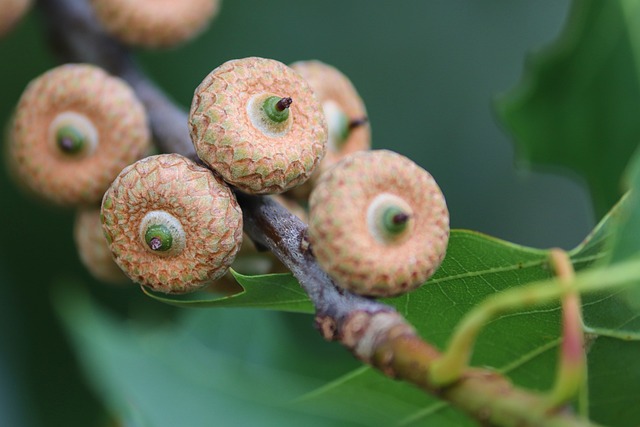
The Schuyler-Hamilton House stands as a testament to the rich colonial heritage of Morris County, New Jersey. Its preservation is a collaborative effort involving local historians, conservationists, and community members who recognize its historical significance and cultural value. The meticulous restoration and maintenance of this architectural gem ensure that it retains its original charm and provides an authentic glimpse into American colonial life. The house, built in the 18th century, served as a headquarters for General George Washington during the Revolutionary War, making it a pivotal site in American history. Its role in Morris County’s heritage is multifaceted; not only does it represent the county’s colonial past but also serves as an educational center and venue for cultural events that celebrate the region’s storied history. The dedication to preserving the Schuyler-Hamilton House reflects the broader commitment within Morris County, New Jersey, to maintaining its historical integrity and offering a living classroom for future generations to explore and learn from the past. Efforts to conserve this national treasure are ongoing, with continuous fundraising and educational programs aimed at raising awareness about its importance and ensuring its preservation for years to come.


